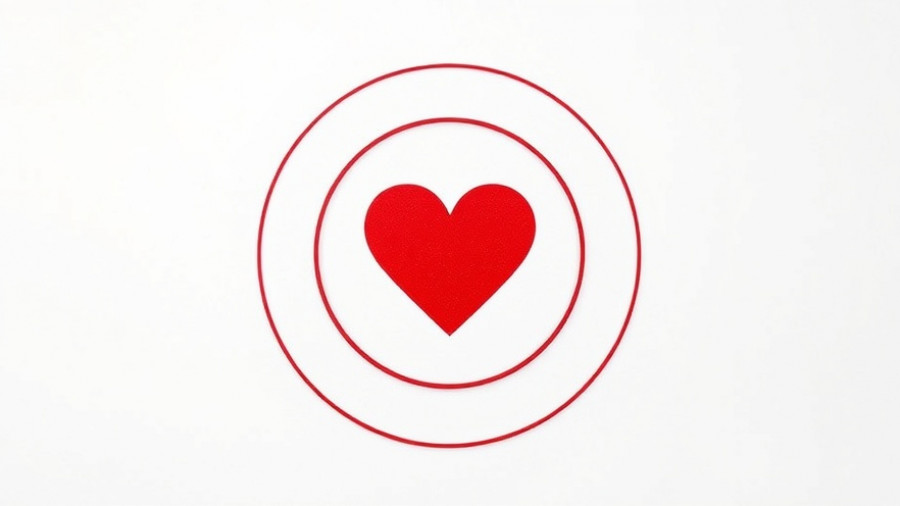
Understanding the Most Painful Medical Conditions
When we think about pain, it's easy to overlook just how intense some medical conditions can really be. For parents, it can be crucial to understand these painful conditions—not just for our own health, but for educating our children about empathy and awareness regarding health matters. From nerve pains to severe diseases, this article explores the most painful medical conditions ranked by intensity.
The Invisible Battles: Chronic Pain Conditions
Chronic pain can devastate lives, yet it remains largely invisible. Conditions like fibromyalgia and arthritis are among the most painful. Fibromyalgia causes widespread muscle pain that can be debilitating, while arthritis makes simple movements challenging due to joint inflammation. Both conditions not only inflict physical pain but can also lead to mental health challenges. As parents, understanding these conditions can help us foster supportive environments at home for our loved ones suffering from chronic pain.
The Struggles of Migraines and Cluster Headaches
Migraines and cluster headaches are often described as some of the most severe pains imaginable. Migraines can halt even the smallest of tasks and are accompanied by nausea and sensitivity to light, making daily life excruciating. Cluster headaches, on the other hand, occur in cycles and are sharp, intense, and quite literally feel like being stabbed in the eye. Teaching children that headaches can be more than just an annoyance can cultivate empathy towards those who suffer from these conditions.
Understanding the Depths of Cancer Pain
Cancer is a harsh reality for many families. The pain associated with cancer can arise from the disease itself, treatment side effects, or stress and anxiety. As parents, learning about the implications of such a painful condition can offer a perspective that's essential in developing our approach toward health conversations within our families. Early discussions about physical and mental health can shape our children's understanding and compassion for others who might be facing illness.
Kidney Stones: A Painful Reality
Kidney stones are notorious for causing severe pain during the passage through the urinary tract—a pain often compared to childbirth. For parents, recognizing and understanding the symptoms can be life-saving for both us and our children. Striking a balance between diet and hydration can prevent such conditions. For children, education on the importance of drinking water and maintaining a healthy diet can set the stage for better health practices later.
The Emotional Aspect of Pain
Pain can bring about a complex emotional journey. Conditions lead to isolation and depression as individuals struggle with their day-to-day lives. Understanding this dimension of pain prepares parents to address the psychological concerns that often accompany physical conditions. Teaching children that compassion is critical when we see a friend or loved one suffering can build their emotional intelligence.
Building Resilience Through Knowledge
Learning about painful medical conditions does more than raise awareness—it builds resilience. It helps us, as parents, to instill knowledge in our children about healthcare, including action steps they can take if they, or someone they care about, faces these challenges. By combining informed perspectives on health with discussions on empathy and support, we can create a foundation that serves our families and communities well.
Conclusion: Empowering Future Generations
Understanding the most painful medical conditions is about more than just facts; it’s about empathy, resilience, and care. As parents, we have the opportunity to teach our children about compassion towards those experiencing pain and vulnerability. Let's encourage conversations about health, nutrition, and mental well-being at home. Together, we can build a more informed generation ready to tackle health challenges with understanding and kindness.
 Add Row
Add Row  Add
Add 




Write A Comment